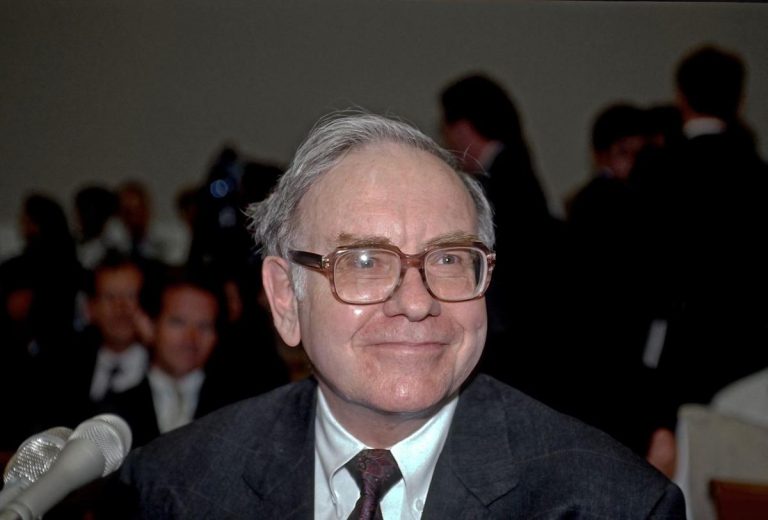MBW Views is a series of op/eds from eminent music industry people… with something to say. The following MBW op/ed comes from Camilla Waite, General Counsel of the UK’s PPL. In this op/ed, Waite discusses the licensing body’s commitment to protecting its members copyright and revenue stream – not only for themselves but for future generations of their families…
Artificial Intelligence (AI), and particularly generative AI, is the hot topic in the music industry of late. Whilst there is plenty of debate surrounding AI’s impact on creators and creativity, at the heart of the issue are copyright and performers’ rights. These rights are the foundation which protects creators and rights-holders and enables them to receive income from their work both now and in the future.
What is less often discussed is how copyright and related rights can safeguard an artist’s work not only over their lifetime, but can also provide financial security for their families in later years.
A music career is not for the faint hearted! Whilst for some it can bring huge success, sustaining a career can be difficult for many. So, the royalties which flow from these rights are often a lifeline, providing ongoing support for artists and their families.
In a growing number of countries around the world, including the UK, performers are entitled to receive equitable remuneration when their recordings are used on radio, TV and in public spaces (with the rights to these payments often being referred to as ‘neighbouring rights’). These payments last for 70 years in the UK after a recording’s release, providing long-term income.
During a performer’s lifetime, the right to equitable remuneration in the UK is non-transferable (and cannot be sold or transferred to another individual). Once a performer passes away, however, the right becomes part of their estate. This means that a performer’s chosen beneficiary – such as family members, heirs or charitable causes – can continue receiving payments from the use of the performer’s music.
At PPL, this can mean supporting performers, and their families by ensuring they receive their rightful income even after the performer has passed away. For example, the estate of John Lennon recently appointed PPL to collect neighbouring rights royalties on all sound recordings where he is listed as a performer.
However, it is not just the beneficiaries of stars such as the former Beatle that receive income from these recordings. PPL works with and distributes royalties to estates of all sizes, ensuring members’ beneficiaries are paid for the use of their music whether they were session musicians or chart-topping acts.
When the copyright term for sound recordings was extended from 50 to 70 years, session musicians not only benefitted from the extra 20 years of equitable remuneration, but were given an additional right to payments for those further 20 years. PPL administers the distribution of this additional right, known as Annual Supplementary Remuneration (ASR).
Over the 10 years that PPL has carried out this task, it has collected a total of £15.5 million on behalf of session musicians who performed on recordings in their extended term, with more than 15,000 non-featured performers from the UK and around the world receiving a payment for recordings released between 1963 and 1972.
This includes timeless tracks from UK popular music history, as well as big hits from the USA that are still much loved and played today.
The longer term of copyright protection makes it even more likely that it may be a performer’s beneficiary, rather than the performer themselves, who may be entitled to PPL payments.
PPL has over 150,000 members, and 28 million recordings registered on our system; we match a huge amount of airplay to repertoire to make quarterly royalty payments to both performers and recording rights-holders. In fact, in processing a typical distribution to members, PPL generates around one billion rows of calculation data from our own systems and those of our collective management organisation (CMO) partners around the world.
When a performer member passes away, we take steps to contact the personal representative of the estate of the deceased performer to ensure that their PPL payments can continue – but it is not always possible to find out who to contact.
To ensure that royalties reach the right people, we advise our performer members to include clear instructions in their will, expressly identifying the beneficiary who will inherit the right to receive equitable remuneration (and, where applicable, supplementary remuneration and similar performer payments), whether the income is from the UK or elsewhere.
By doing so, performers can help their executors manage their estate efficiently, make it easier to ensure their beneficiaries receive ongoing payments and enable PPL to continue distributing earnings without delay.
“Relaxing copyright protections for big technology companies would be a wild punt against the creative sector.”
We also encourage performers to inform PPL of the details of their executors and ensure that their representatives are aware of their PPL membership. Legal advice is essential when drafting a will, and this small step can make a significant difference in securing a performer’s legacy.
Any proposal to soften the UK’s position on copyright is taking away an artist’s right to build a sustainable career out of their work. In addition, relaxing the current copyright protections for big technology companies would be a wild punt against the creative sector that is already contributing over £120bn to the economy, and be counterproductive to the government’s own growth ambitions.
Our commitment to performers and rights-holders is that we will continue to champion music rights and advocate for protection for the rights of our members, whether from traditional broadcast licensing, the use of music in public spaces or any new licensing streams such as AI, helping ensure our members get paid fairly for their music when it is played.
We encourage performers to do their part. By having your affairs in order, we can make sure that your hard-earned income continues to benefit your families and loved ones – just as your rights were designed to do.

MBUK is available as part of a MBW+ subscription – details through here.
All physical subscribers will receive a complimentary digital edition with each issue.
Music Business Worldwide






